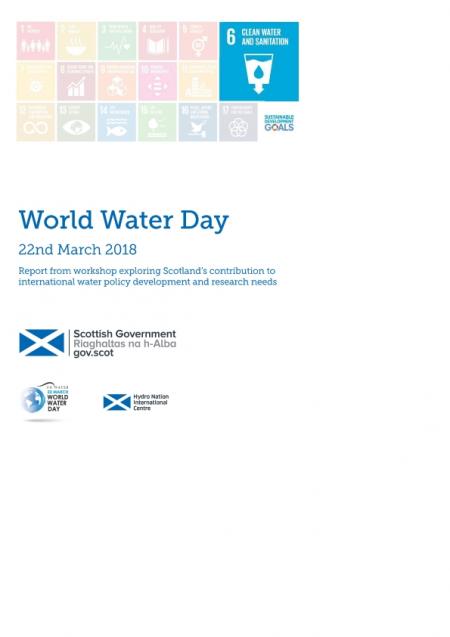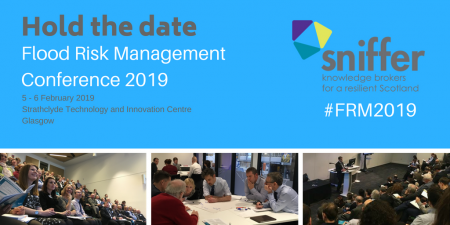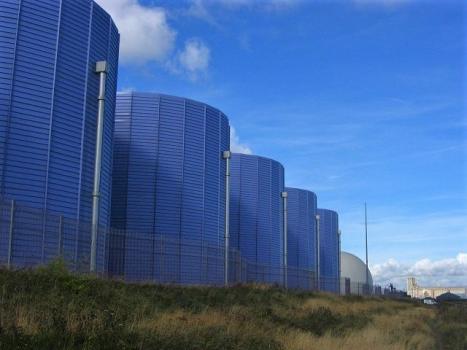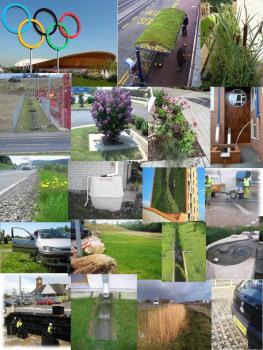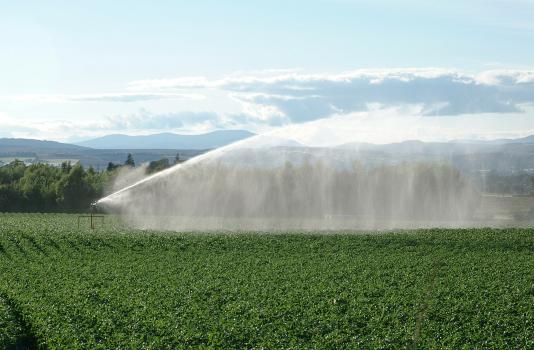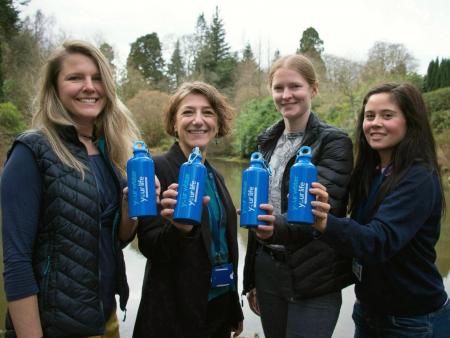
Today on World Water Day, we focus our minds on the world’s most precious resource. Without it there would be no life on Earth- it is as simple as that. No humans, animals, plants, microbes, and no rain, clouds, rivers or oceans. We are indeed a blue planet, unique (so far!) floating in space.
But the statistics on what we are doing to this precious resource are just staggering;
• Every minute a new born child dies from a water-based infection;
• Over 30% of the world’s schools don’t have access to clean water;
• We produce six times more wastewater than the discharge from all the worlds rivers;
• The freshwater species extinction rate is five times that of terrestrial systems;
• 70% of industrial discharges in developing countries are discharged untreated into water courses;
• Runoff from agri-chemicals is polluting groundwater, surface waters and ocean around the globe and is on the increase.
But perhaps the most indicative fact of where we are as a global population in our relationship with water is that across the world more people have access to a mobile phone than have access to a toilet!
Even understanding the importance of water globally we still treat it with an incredible disregard. Our ever-increasing demands place an enormous pressure on our water resources across the globe. With a burgeoning population, the demand for water in food production and the uncertainty of climate change we all need to look carefully at our attitude to water and the way it is used and managed. In Scotland, we are lucky enough to live in a water rich country, but we are also very aware of recent episodes over the last few years when either we have too much or too little water, and the disruption that has caused. The Scottish Government Hydro Nation agenda has placed duties on Ministers to protect and enhance our water resources, and it is the first country in the world to do so and provide a framework of sustainable management which is being promoted both at home and overseas.
The James Hutton Institute is deeply embedded in delivering that vision. We lead the Centre of Expertise for Waters (CREW), host the Hydro Nation Scholars and International Fellow Programmes and the European funded Water Test Network which helps to bring new water technology to the market place. We also undertake a programme of water-based research in support of Scottish Government’s strategic research programme. Internationally, you may be aware of the innovative, interdisciplinary project providing a sustainable low carbon treatment system to pupils and staff in Berambadi school, Karnataka. I would encourage you to watch the short video made by the team, which can be found here. In addition, the Institute also has other water-based projects with partners across Europe, India, China, Pakistan and Sub-Saharan Africa.
Today, it is also fantastic to announce the establishment of the Hydro Nation International Centre, supported by the Macaulay Development Trust, at the Craigiebuckler campus of the James Hutton Institute. This will provide significant added value to our on-going activities and act as a focus for our international work, innovation, training and skills development.
Further, on World Water Day we are delighted to support Scottish Water’s “Your water, your life” campaign, which encourages us all to carry a refillable bottle and “top up from the tap”. We are all too aware of the environmental and societal cost of single use plastic bottles, and to support this life-style change we will give every member of staff at the James Hutton Institute a special refillable bottle to encourage everyone to realise the health benefits of drinking more Scottish tap water, which is excellent in both its quality and taste.
So, when you fill your bottle, just take a moment to realise how precious this wonderful resource really is, and how the Institute and its partners are delivering a sustainable future for water resources across the globe.


